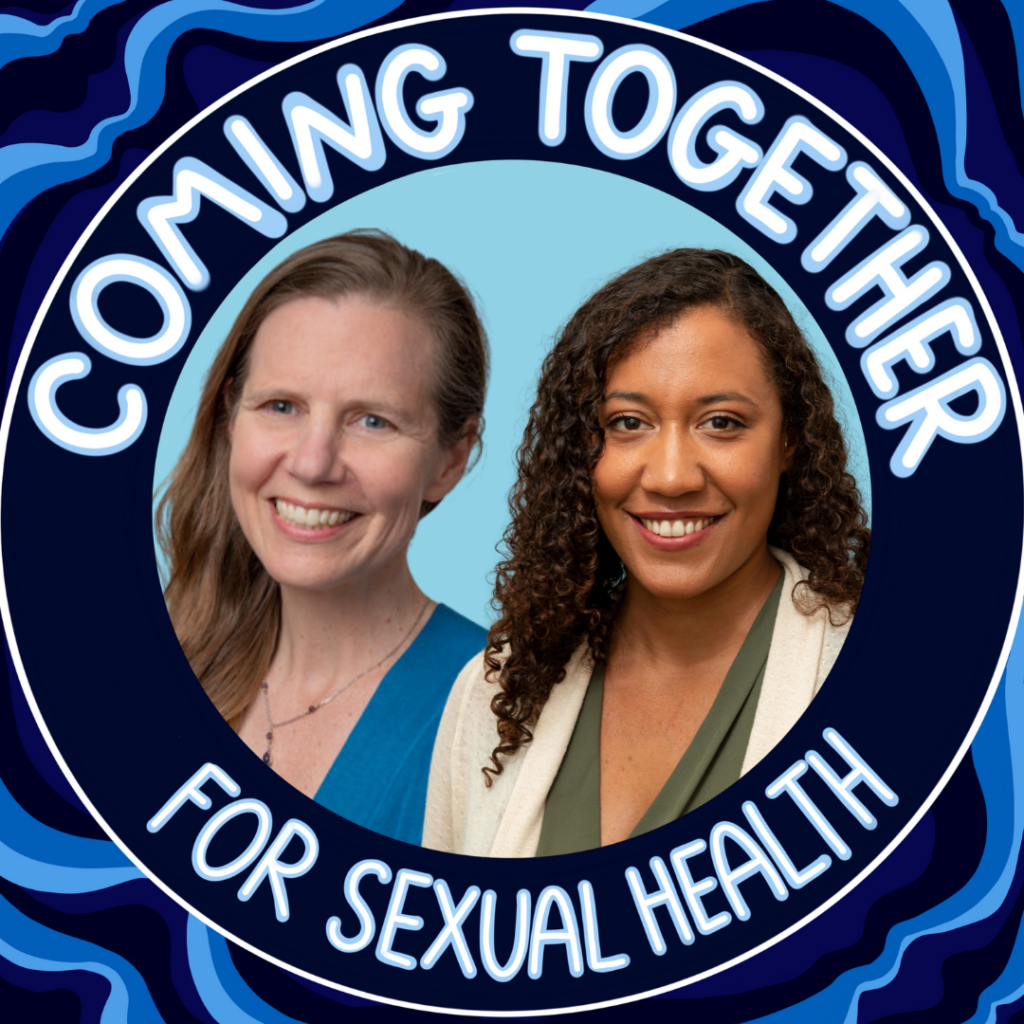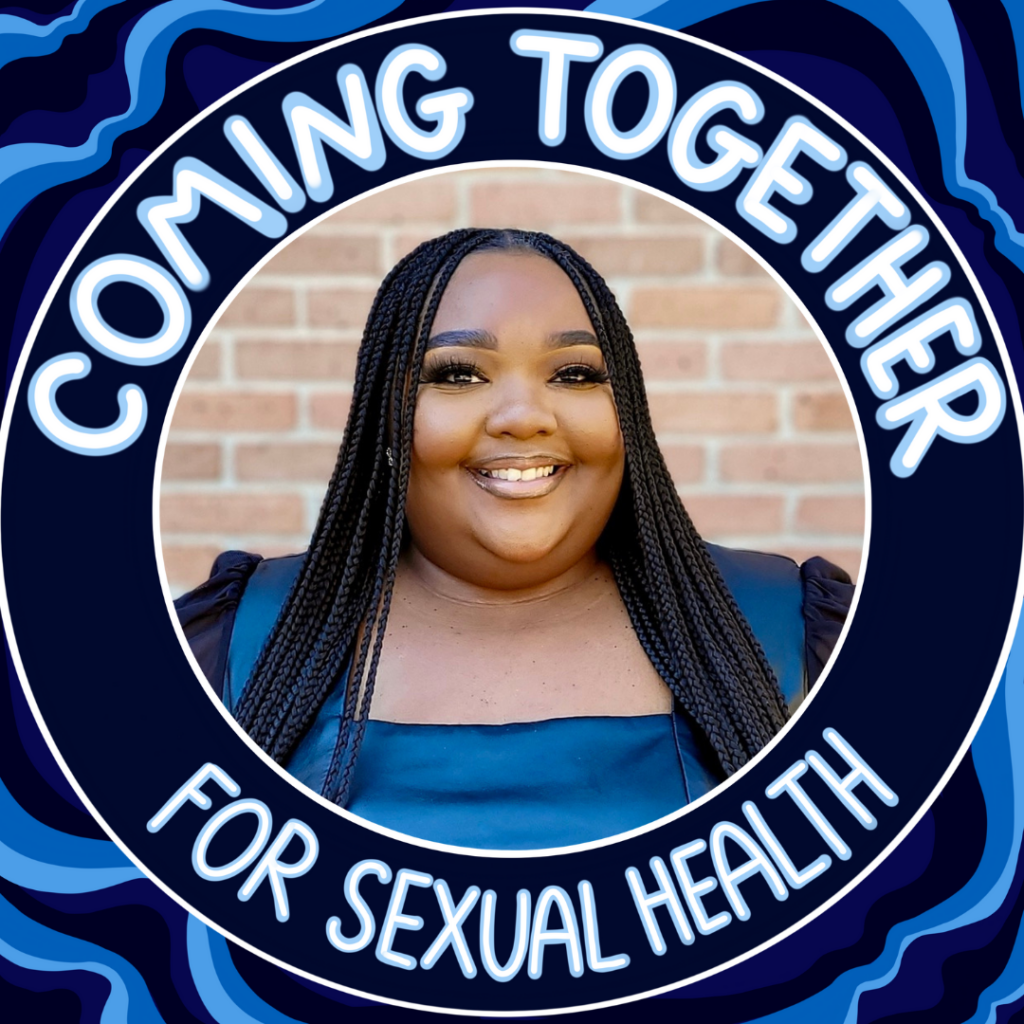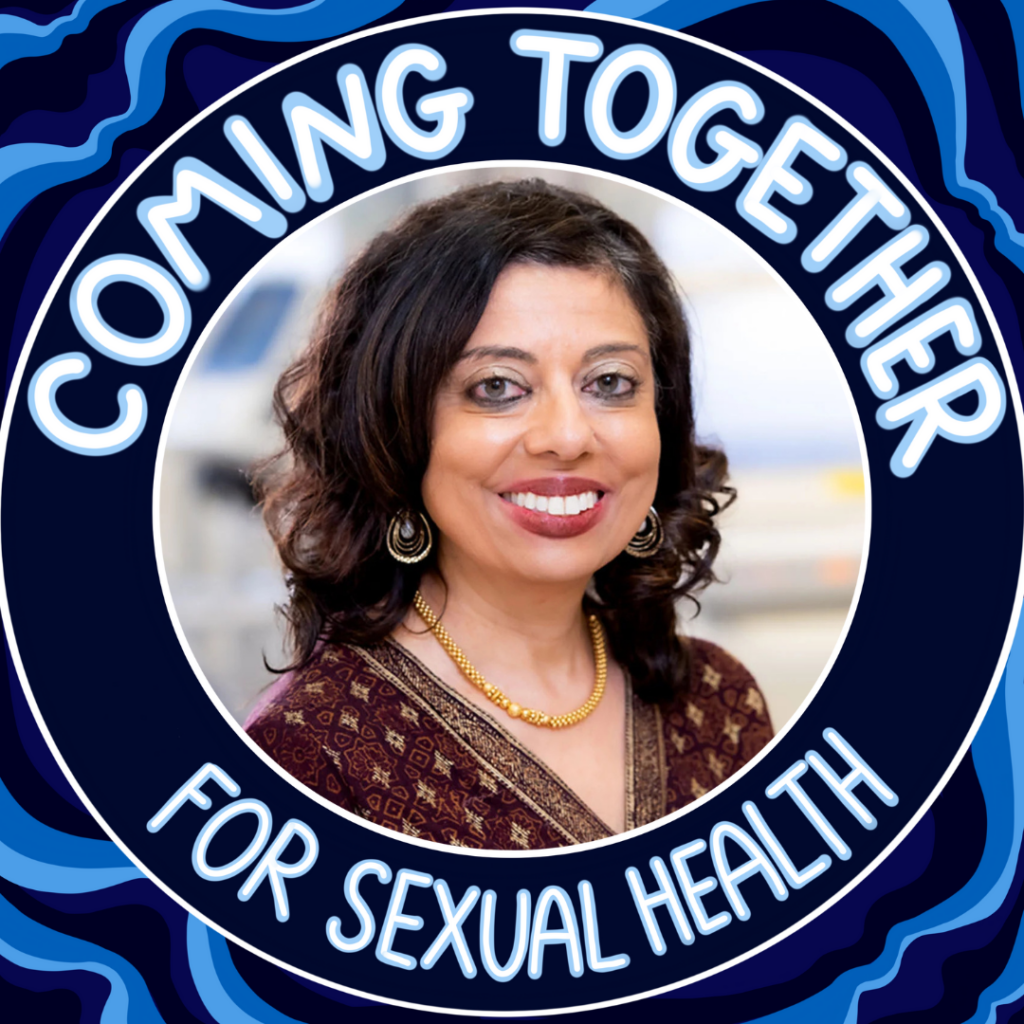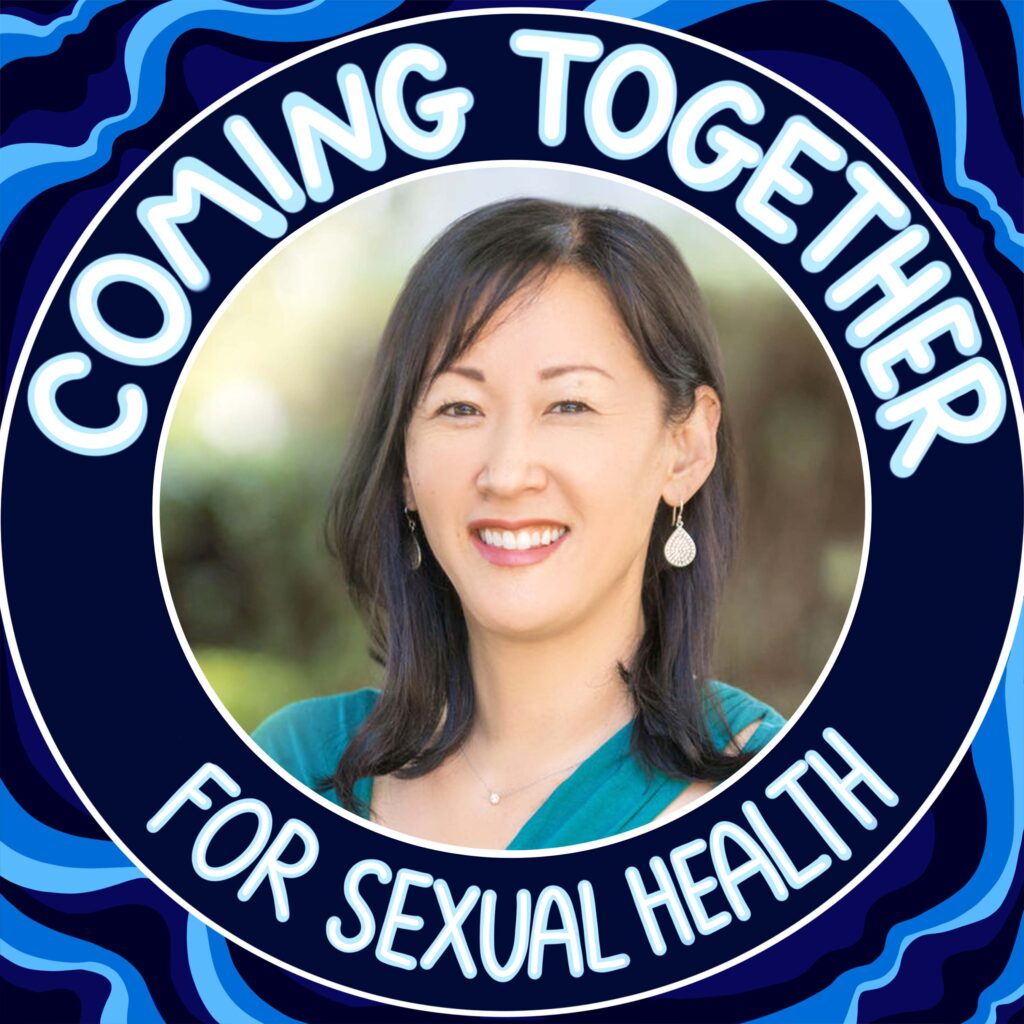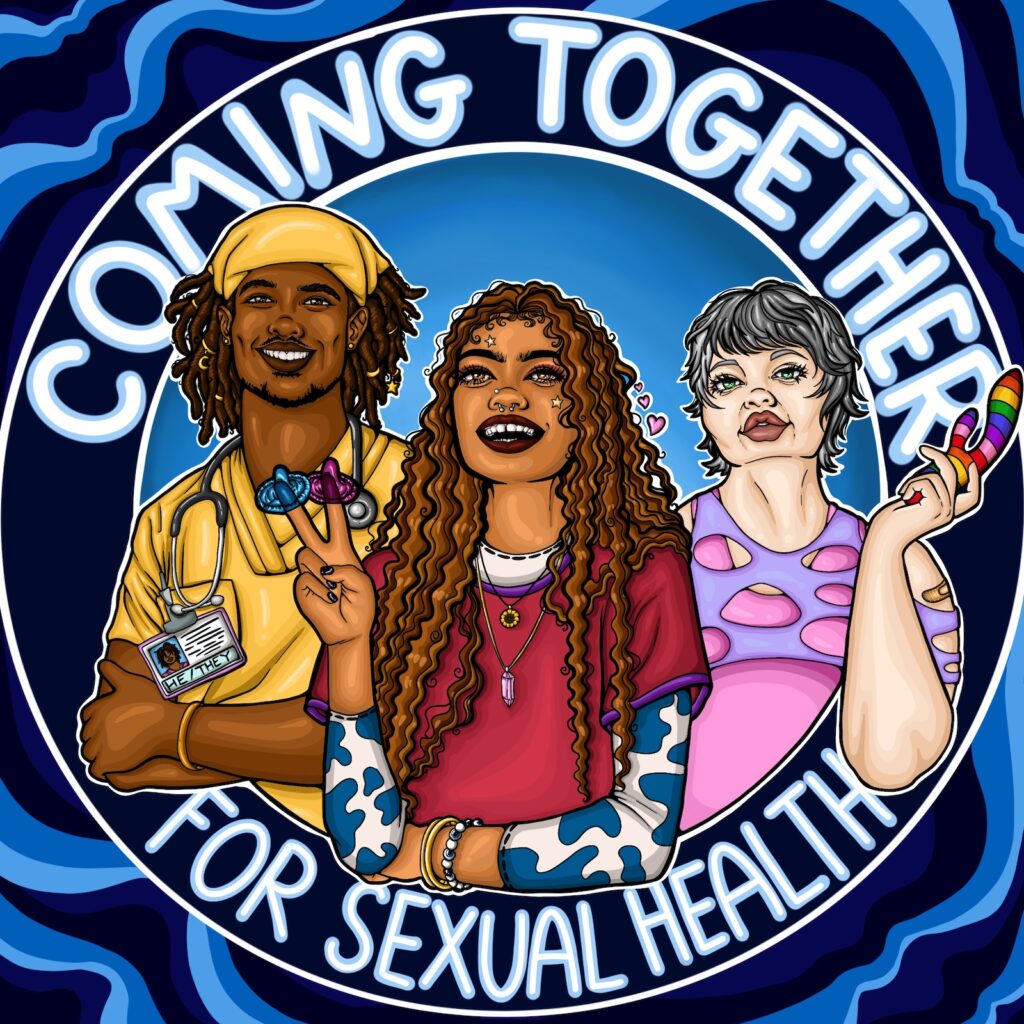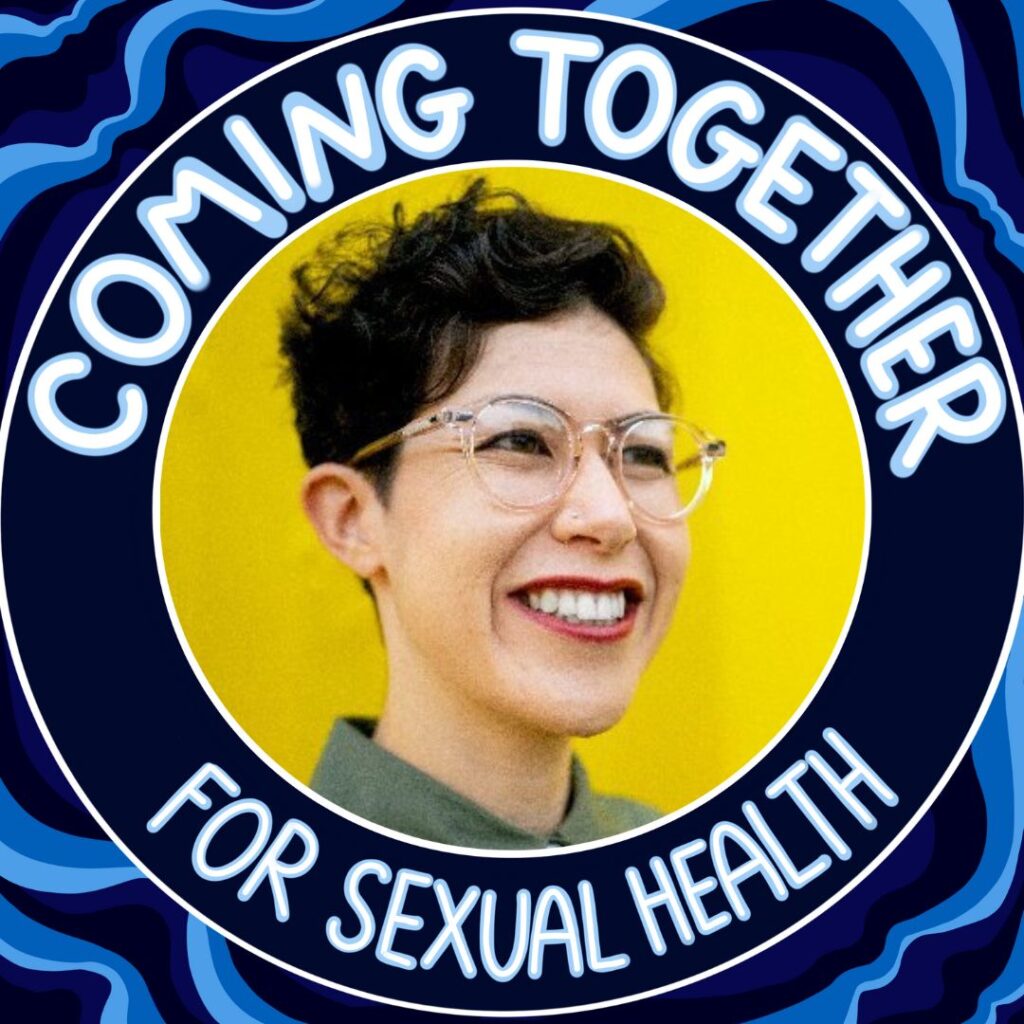The Pelvic Floor: A Doctor and Her Patient Hold It Together
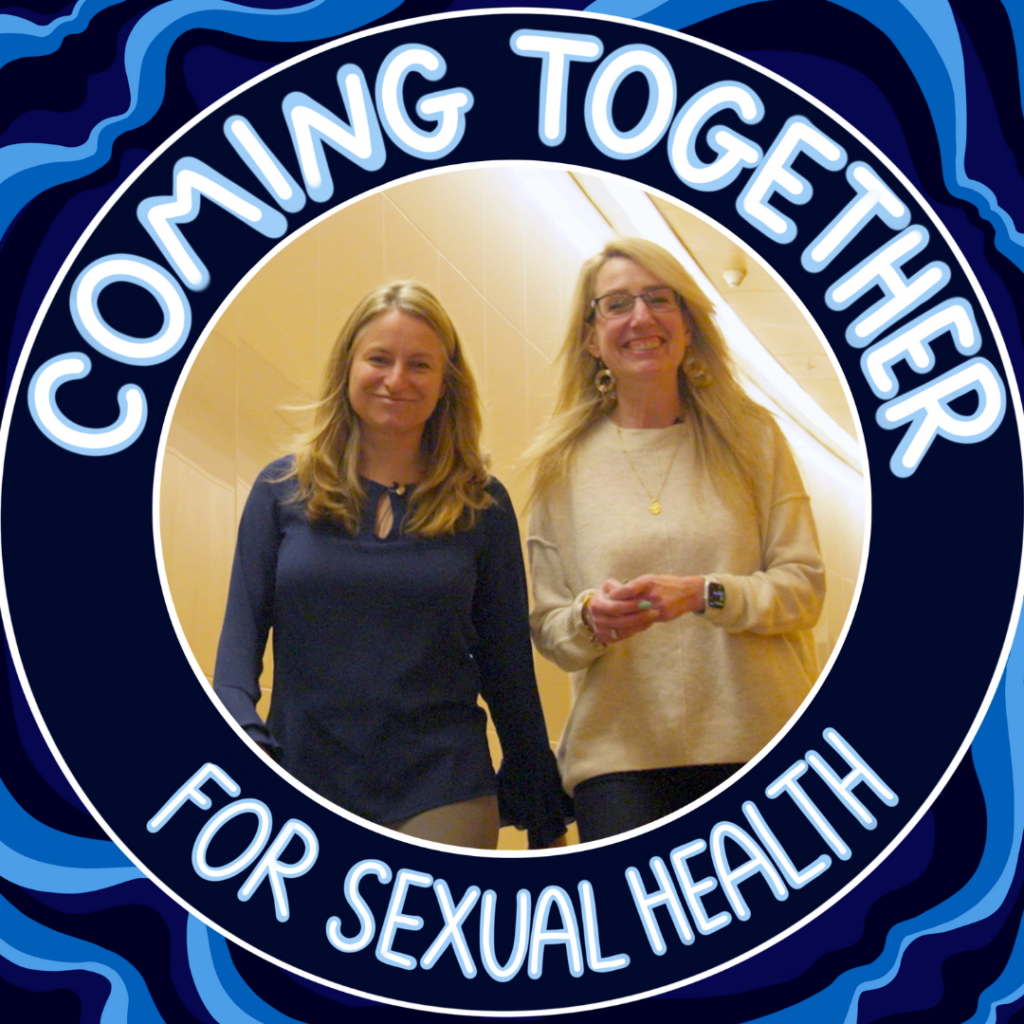
A small leak during a big laugh might hint towards a bigger story. In this episode exploring the pelvic floor, Dr. Olga Ramm and patient Nicole Curutchet answer the age-old question- what’s really going on down there? Nicole Curutchet starts off by sharing her experience of developing pelvic floor prolapse, which felt like a “tampon that’s halfway coming out.” She tackles the issue of finding the right provider, and shares about her surgery and recovery. On speaking out despite stigma, she says, “this is our bodies and it’s the truth, and we don’t want people to suffer, so why not talk about it?”
For many people with vaginas, pelvic floor leakage, pain, and other symptoms, are often dismissed as just a fact of life. Dr. Ramm and Nicole argue that it doesn’t have to be that way. A variety of treatments exist for managing pelvic disorders, including physical therapy, insertable devices, and surgery.
As Dr. Ramm reveals “birth remains the most common inciting injury to the pelvic floor…It’s something that affects a whole lot of us.” Dr. Ramm also discusses research that shows that trauma of all kinds impacts the pelvic floor, “almost like a linear relationship between the number of adverse events that you report and the prevalence of chronic pelvic pain.”
In a topic often characterized by silence, Dr. Ramm encourages providers to proactively ask about the pelvic floor. She emphasizes the value of informing patients about all the types of care available to them and respecting patient autonomy: “You don’t have to follow a specific algorithm. Let the patient make the choice based on their individual values, their goals for themselves and their own personal case scenarios that they want to avoid.”
Read the transcript of this episode.
- Dr. Olga Ramm’s Website: https://www.ucsfhealth.org/providers/dr-olga-ramm
- UCSF Center for Urogynecology and Women’s Pelvic Health: https://www.ucsfhealth.org/clinics/center-for-urogynecology-and-womens-pelvic-health
- Study That Links Duration of Pushing Phase to Degree of Obstetric Anal Sphincter, Led By Dr. Olga Ramm Injuries: https://pubmed.ncbi.nlm.nih.gov/29324610/
- Chronic Pelvic Pain Society of North America: https://www.pelvicpain.org/public
- The Body Keeps the Score: https://www.besselvanderkolk.com/resources/the-body-keeps-the-score
Past episodes of our podcast to follow this one up:
Dr. Olga Raam is the director of the UCSF Center for Urogynecology and Women’s Pelvic Health. She specializes in pelvic floor disorders and performs reconstructive pelvic surgeries with a focus on minimally invasive and robotic techniques. In her research, Ramm investigates topics related to urogynecology and reconstructive pelvic surgery, including surgical outcomes, birth trauma, care equity, and patient consent. In addition to patient care, Ramm is passionate about surgical education. She has held leadership roles in undergraduate and graduate medical training for urogynecology and reconstructive pelvic surgery at UCSF.
Nicole Curutchet is an accomplished senior customer success manager. She has over 25 years of experience working with C-level relationships for a variety of Fortune 500 companies.

